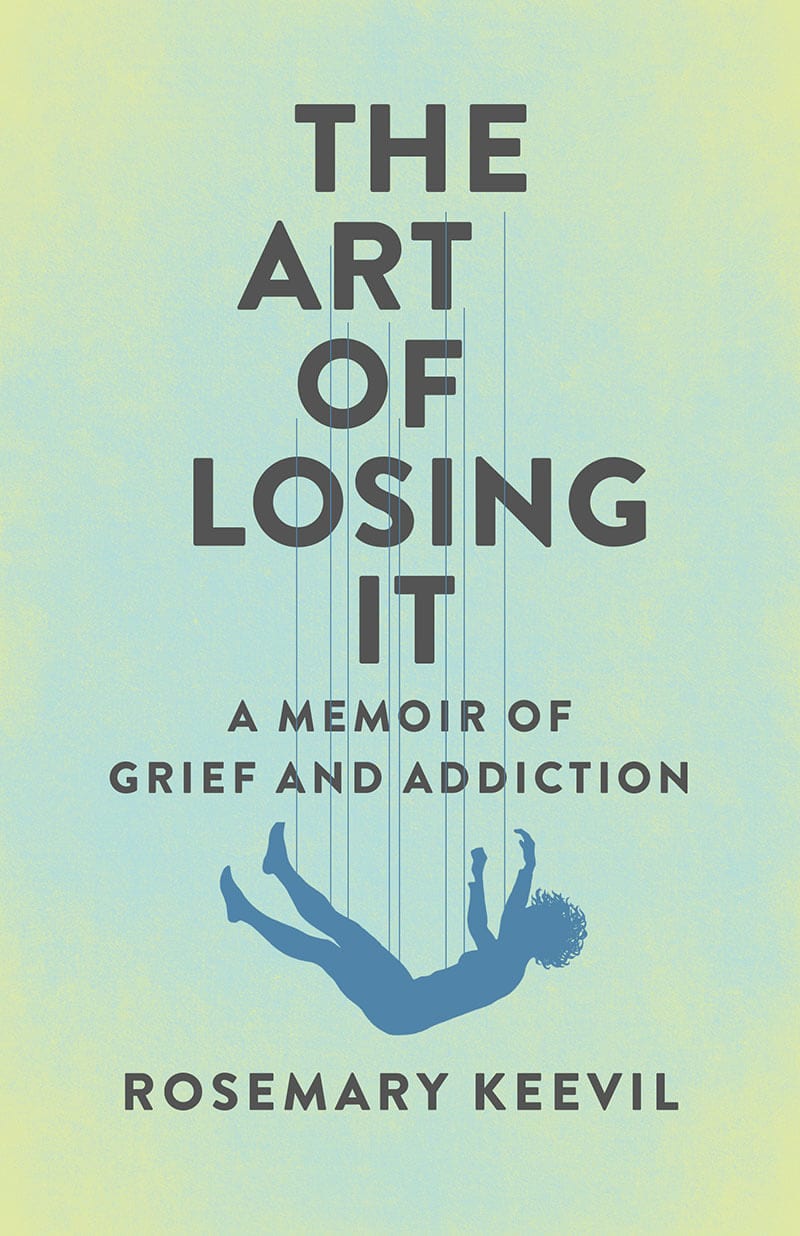Book Club Discussion Questions
for THE ART OF LOSING IT
- Every chapter in The Art of Losing It is named after the title of a song. Did this impact your reading experience and how? Do you also relate music/certain songs to times in your own life?
- Would you characterize Rosemary’s relationship to alcohol earlier in the story as fairly healthy? If so, at what point would you say that relationship shifts to a less healthy one, and what do you think is the catalyst for that shift?
- Rosemary has a complicated relationship with both her mother and father. How has she been shaped by the dynamics at play in her family of origin?
- At one point, after Barry has become quite sick, Rosemary reflects, “I miss my darling husband. I miss you so much, I think. But the truth is that I miss the healthy Barry. He’s the one I yearn for.” Do you think it’s possible to mourn a person while they are still alive, or a relationship before it ends?
- Near the end, Rosemary finds herself thinking “…the most horrid thought in the world: If he is going to die, dear Lord, please let him die. This lack of resolution, the possibility of his living in a wheelchair, this not knowing, this fear of living with an invalid . . . Please, may this be over?” How did this strike you?
- This book is called The Art of Losing It. As she faces crisis after crisis, Rosemary has a number of moments of breaking down—some small, some not so small. At what point would you say she truly “loses it” in the way the title suggests?
- Parts One and Two of this book take place in very different times, both literally and in terms of Rosemary’s state of mind. How would you characterize the tone of the narration in Part One, and the tone in Part Two? How are they similar, and how do they diverge from one another?
- At rehab, Rosemary recalls hiding from her father as a child when he came home drunk, and as the memory floods back, she begins to shake. “Did I shake as a little girl?” she wonders. “I can’t remember. I can’t remember what I felt. I’m confused. Why can’t I remember any feelings?” Why is this moment so important? What does it explain about the way Rosemary reacts to certain situations and some of the decisions she makes throughout the book?
- A year after getting sober, Rosemary is still struggling—a fact that she finds confusing. “Somehow,” she writes, “I thought that stopping drinking would solve all my problems, sort of like I once thought snorting a few lines of cocaine would solve all my problems. However, like the lines of cocaine, stopping drinking seems to have only given root to a different breed of tumult.” Can you relate to this sentiment?
- Rosemary divulges a number of actions and thoughts throughout this story that might make some readers judge her or find her to be an unsympathetic character. How did her candor affect you as a reader?
- Every family has its secrets. What role does the keeping of secrets, as well as the revelation of secrets, play in this story?
- Early in the book, Rosemary mentions that although she sometimes takes her daughters to church, she doesn’t have much interest in “God stuff.” Does that change as time progresses? How would you characterize her relationship to God, or to spirituality of any type, at the end of the story?
- This book follows the descent of a relatively well adjusted, happy mother and wife into a long period of grief, instability, and drug and alcohol addiction. Has Rosemary’s story affected how you think about people who struggle with addiction?
